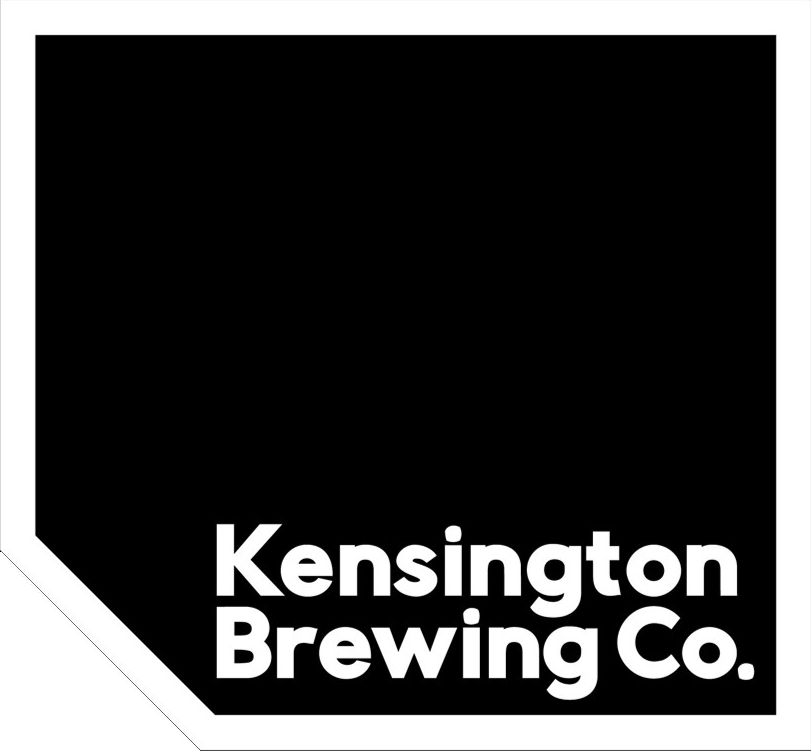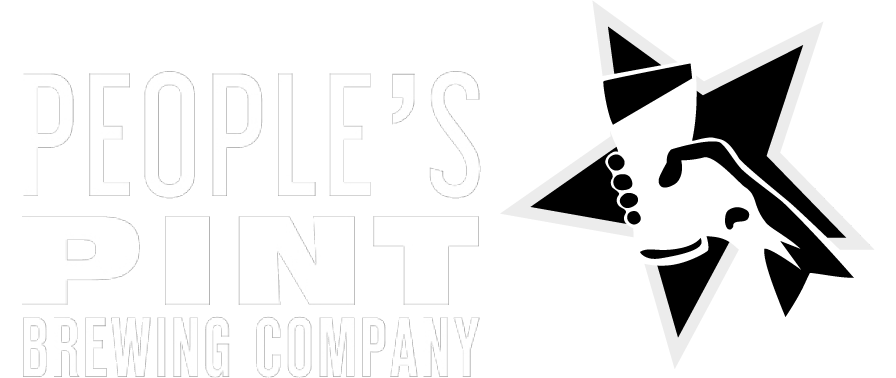Being a safe, welcoming and inclusive space has always been at the heart of what we do here at the Society of Beer Drinking Ladies, and as we continue to grow we want to make sure we are continuing as leaders in this regard. A few months ago, we put out a call for our brand new Inclusivity Committee, looking for input from folks in our community and outside of it to share their perspectives. We had a fantastic response, and brought on twelve incredible people. Visit our Inclusivity page to check out their bios and learn more!
Fittingly, our first Inclusivity Committee meeting took place March 8th, International Women’s Day, and as Drea shared in her opening remarks, this year’s theme was “Feminist Recovery: Achieving an equal future in a COVID 19 world”. We want to thank all of our committee members for their time and input as we challenge ourselves to be the most inclusive organization we can be.
Read on for the meeting minutes to see what we discussed, our next steps, and some links to resources.
Opening
We kicked off our meeting with a Land Acknowledgement presented by Rachel, who talked about the importance of not simply reciting the acknowledgement, but ensuring there is something further to provoke thought and action. We discussed this more in depth later on in the meeting.
Drea provided our Call to Action:
“We must open doors and we must see to it that they remain open, so that others can pass through” – Rosemary Brown
Our call to action aligned perfectly with Rosemary Brown’s Quotes and this year’s International Women’s Day theme of Achieving an equal future in a COVID-19 world, by ensuring that marginalized women are a part of the recovery and decision making process so that resources, power and knowledge are distributed equally.
We then broke off into smaller groups to discuss a variety of topics that we flagged as initial priorities. After chatting in their groups the committee came back together to share lots of meaningful and exciting ideas, which we’ve summarized below.
Partnerships
We have worked with a number of charitable organizations large and small, including Canadian Women’s Foundation, Black Women in Motion, Supporting our Youth (SOY) and Sistering. We asked our committee for ideas on other orgs we could reach out to for partnerships:
- Keeping our partnerships local and grassroots should be a priority.
- Many folks brought up the barrier that some organizations are unable or unwilling to accept donations related to alcohol or alcohol sales.
- While we want to support more Indigenous organizations, they often fall into this category, so need to think of other ways to partner and donate.
- Collecting in kind donations, similar to our partnership with Twelve for menstrual products at previous events.
- Encourage donations directly from patrons during the event rather than from SOBDL.
- Utilize our non-beer vendors (Food, non-alcoholic beverages) to facilitate the donations.
- Look for organizations that reach the communities we are looking to support in a different way, like business development, health agencies, youth services and community centres.
- Specific organizations flagged include: Food not Bombs, Black Heath Alliance, Women’s Health in Women’s Hands, Thunderwoman Healing Lodge, Black Creek Community Farm, Times Change Women’s Employment Service, Ample Labs, Mayworks Festival, The Music Gallery at 918 Bathurst.
- Look into an organization that channels funds to gender affirming medical care and binders for trans youth.
Outreach
We are always looking for ways to grow our amazing beer loving community, and wanted to discuss some ideas on expanding our outreach to further diversify our attendees.
- Ensure we are being inclusive in our language. Womxn is not actually as inclusive as intended and others trans women; if we are including non-binary folks we should spell that out rather than grouping them with ‘women.’
- Expand our outreach to vendors that might be harder to find online, look into the Hamilton Black Owned and Black Owned TO Instagram accounts for future vendors.
- Looking to music as an avenue to tap into different cultures, reach out to community centres for connections to musicians and bands.
- Branch out to more diverse food vendors and potentially offer reduced tickets to their communities.
- Look at what the barriers to entry are for our vendors and if we can remove them.
- Show more diversity in our social media posts – people of colour are less likely to attend if they do not see themselves represented.
- Consider hiring Black beer social media influencers to attend and promote events.
- Ensure there is always a non-alcoholic option and normalize that choice.
Collabs
We love collaborating with local breweries on special one-off brews, and looked to our committee for suggestions on future collabs.
- Diversify where we sell beer with our Good Tap program, reaching out to queer spaces or businesses owned by racialized people specifically.
- Gather groups of more diverse people to take part in the brewing of our collabs
- Look for opportunities to do a hyper local beer, ie Left Field is located in Little India and brewed a Mango Lassi beer.
- Reach out to First Nations Breweries, women owned breweries. The Beer Sisters recently shared a list of Women owned breweries (check the resources below for the link!)
- Build on our partnerships by using artists that represent various communities, taking inspiration from Collective Arts’ Amplified Voices project.
- Specific breweries flagged include: Left Field, Shacklands, Rainhard, Collective Arts, Muddy York, Little Beasts, Mascot, Merit
Accessibility
We don’t currently have an accessibility policy, but it’s an area that we want to continue to expand on in our events (both in person & online) our social media and our newsletter. We discussed steps we could take in all of these areas with the committee.
- Put together an accessibility policy and keep improving it as a work in progress.
- Ensure that accessibility information is front and centre so people don’t have to go looking for that information. Ask for accommodations/accessibility requirements at registration and make it easy for people to reach out with concerns.
- Ensure we are being AODA compliant, including the design of materials.
- Accessibility considerations for virtual events include closed captioning and a sign language interpreter. While there are auto-caption tools on Zoom etc, live captioning is preferable. Look into the potential of programs/apps that can read text aloud.
- Look into the accessibility of our website, are there options for someone to get this information in a different format? Ensure we are not using inaccessible design like black backgrounds/white font.
- Physical accessibility for events is important – ensuring that there aren’t stairs to the washroom or the entrance. Ensure there is available seating and space for navigating physically in a wheelchair or using an assistive device.
- Signage at in person events: chalkboards are not ideal, need to use large, clear signage. Whiteboards are preferable to chalkboards. Look into options like QR codes to scan, or have a printed menu available.
- Another consideration is the accessibility of getting to an event, ensuring that the path from transit is safe and well lit, or providing alternate transport like a shuttle bus.
Land Acknowledgements
We have been including Land Acknowledgements at our events for about a year but are aware that simply reciting the acknowledgement is not the end of our work towards reconciliation. We talked about ideas for moving beyond just the words.
- Reframe expectations around Indigenous folks teaching or guiding us, unless someone has offered and is being compensated.
- The land acknowledgement should be done by someone who is not Indigenous as it is the settler’s responsibility for this and it should not fall to the Indigenous person in the room.
- People are becoming a bit tone deaf to just reciting the acknowledgement and relevant treaties, can we take it further and provide more of a thought provoking piece? A call to action of some kind? Providing resources and ways to support and donate to specific organizations (especially those that aren’t able to accept SOBDL donations directly.)
- Bringing up more of the history, names and events from that area, parts of Indigenous history we may not be aware of.
- Should we be looking for ways to address the issue of Missing and Murdered Indigenous Women & Girls and other Indigenous causes when we are making this acknowledgement?
- Educate ourselves further through a course on Indigenous history and contemporary issues like the one through University of Alberta (link below!)
Staff Training
In our pursuit to ensure our organization is as inclusive as possible, we are investigating training for our staff and leadership. We asked for suggestions regarding specific educators as well as areas the training should focus on.
- Specific areas suggested include: Implicit Bias, Anti-oppression and Intersectionality
- Look into offerings and resources from the Canadian Centre for Diversity and Inclusion
- Ren’s programs and trainings through Beer.Diversity
- Courses offered by The 519
Additional Resources
Our committee was full of fantastic suggestions for further reading and research – here is a non-exhaustive list of these resources!
- Respectability Toolkit for creating accessible events (via Gurpreet) https://www.respectability.org/accessible-virtual-events/
- Books to read regarding Implicit Bias (via Meoshi)
- Biased: Uncovering the Hidden Prejudice by Jennifer Eberhardt
- How to be Antiracist by Ibram X. Kendi
- Blindspot: Hidden Biases of Good People by Greenwald and Banaji
- Canadian Centre for Diversity and Inclusion (via Dawn)
https://ccdi.ca/ - Indigenous Canada Open Course through the University of Alberta (Free!)
https://www.ualberta.ca/admissions-programs/online-courses/indigenous-canada/index.html - List of Women Owned Ontario Breweries (via The Growler/Beer Sisters)
https://on.thegrowler.ca/2021/03/08/women-owned-ontario-craft-breweries/
SOBDL Action Items
Following the meeting, here are the first few plans we are putting in motion. We’re looking forward to checking in with the committee on our progress at our next meeting and having more meaningful and compelling conversations about Inclusivity!
- Creation of an Accessibility plan, first for our online festival coming up in May, and then broadening it to cover our online activities and (future) in person events.
- Creating an expanded Land Acknowledgement for our virtual fest that takes into account all of the avenues we discussed.
- Investigation into implicit bias training for our staff and leadership
- Review of our website and social media to ensure we are using inclusive language (removing womxn etc. from our messaging.) and including a variety of representation in our images. Begin including ALT text/image descriptions.
- Expanding our outreach for vendors, beginning with our next Mystery Box.
Special thanks to Meoshi, Gurpreet, Ren and Drea for sharing their notes with us as we put our summary together! Stay tuned for the next Inclusivity meeting which will be held in June.






